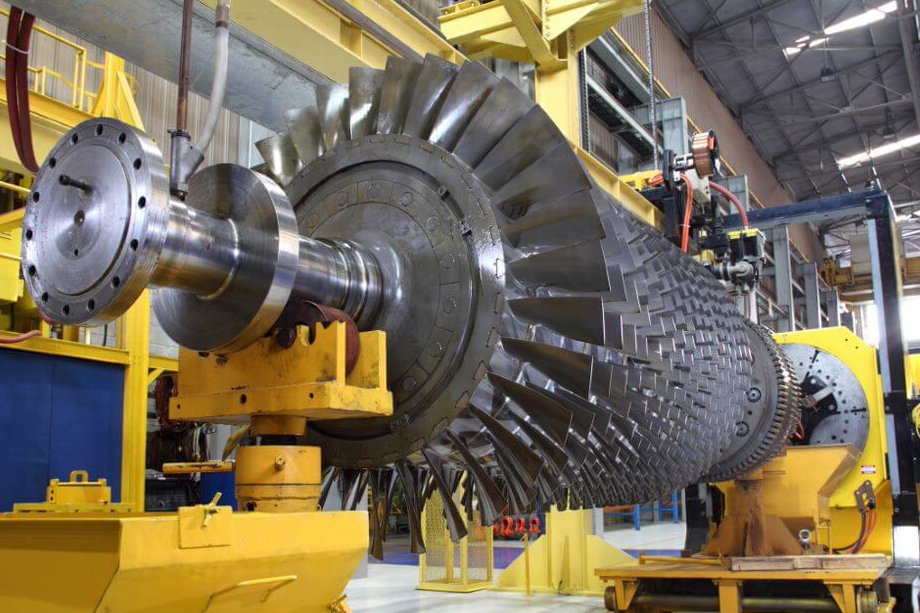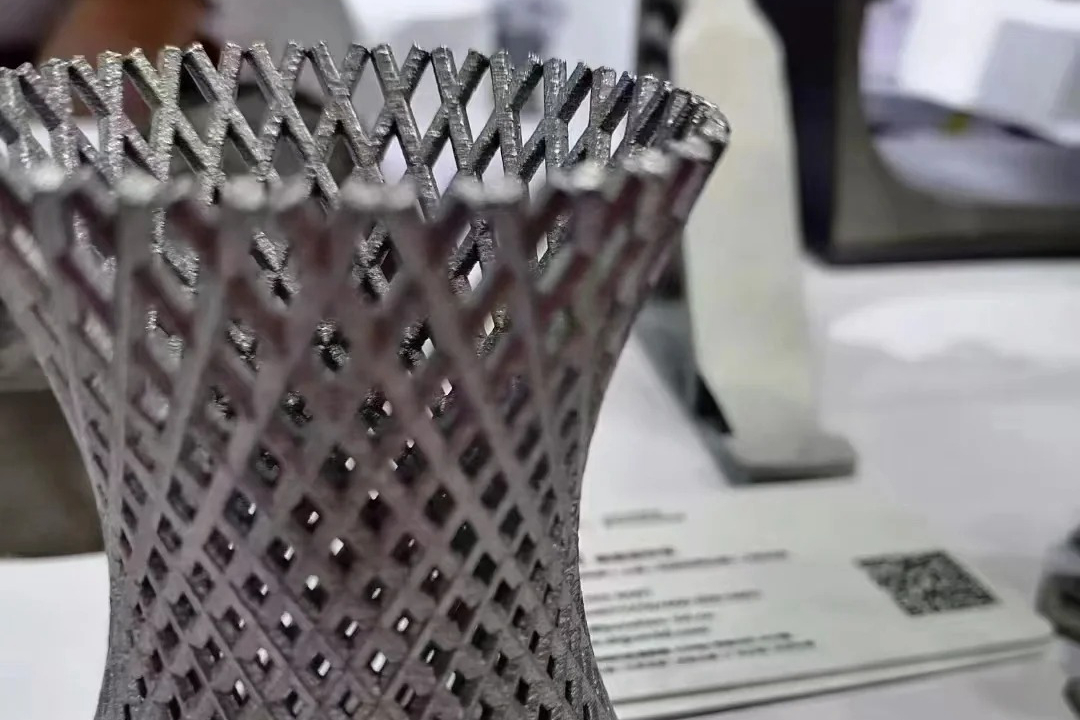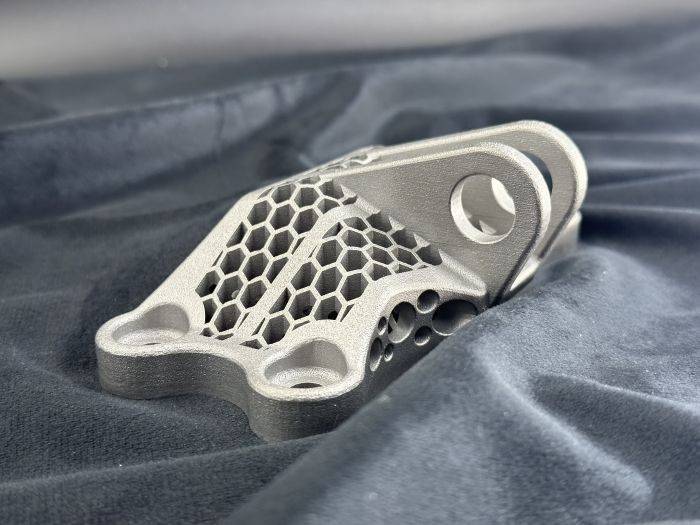Can you conduct fatigue testing at elevated temperatures or in corrosive environments?
Comprehensive Fatigue Testing Capabilities
Yes, we specialize in conducting sophisticated fatigue testing under simulated service conditions, including elevated temperatures and corrosive environments. This advanced testing is crucial for validating component performance in real-world applications, particularly for industries where reliability under extreme conditions is paramount. Our testing methodologies adhere to international standards such as ASTM E606 and ISO 12106, with customizations to address specific material and application requirements.
Elevated Temperature Fatigue Testing
Testing Methodology and Equipment
Our elevated temperature fatigue testing utilizes specialized environmental chambers capable of maintaining temperatures from ambient to 1200°C with precise control (±2°C). We utilize resistance heating furnaces and radiant heating systems to achieve various temperature ranges, ensuring accurate thermal profiles throughout the test specimen. For materials processed through our Powder Bed Fusion technology, such as Superalloy components, we conduct tests that replicate their intended operational thermal conditions.
Material-Specific High-Temperature Applications
High-temperature fatigue testing is particularly relevant for materials designed for demanding applications. We regularly test Titanium Alloy components intended for Aerospace and Aviation applications, where understanding the interaction between creep and fatigue is crucial. Similarly, materials that have undergone specific Heat Treatment processes require characterization under thermal conditions matching their service environment to validate performance.
Corrosive Environment Fatigue Testing
Environmental Simulation Capabilities
Our corrosion fatigue testing facilities incorporate environmental chambers that can simulate various corrosive media, including salt spray, acidic environments, and specific chemical solutions. We utilize advanced monitoring systems to control pH levels, solution concentration, and temperature throughout the testing duration. This capability is essential for components protected with specialized Surface Treatment technologies, where we need to validate coating integrity under cyclic loading conditions.
Industry-Specific Corrosion Testing Protocols
For Medical and Healthcare applications, we conduct fatigue testing in physiological solutions such as Ringer's solution at body temperature to simulate in-vivo conditions. In the Energy and Power sector, we test components in environments simulating geothermal, marine, or chemical processing conditions. Stainless Steel specimens often undergo testing in chloride-containing environments to evaluate their susceptibility to stress corrosion cracking.
Combined Environmental Testing
Simultaneous Multi-Stress Condition Testing
Our most advanced capability involves the simultaneous application of thermal and corrosive environments during fatigue testing. This approach provides the most accurate simulation of real-world operating conditions, particularly for components manufactured using Directed Energy Deposition that may experience complex thermal-mechanical-chemical interactions. We can replicate specific operational scenarios for Automotive components experiencing thermal cycling while exposed to road de-icing salts.
Material Performance Validation
For materials processed through Hot Isostatic Pressing (HIP), we conduct comparative testing to quantify the improvement in fatigue performance under aggressive environments. Similarly, we evaluate the effectiveness of various Thermal Barrier Coatings (TBC) under thermo-mechanical fatigue conditions, providing critical data for design optimization and life prediction.



